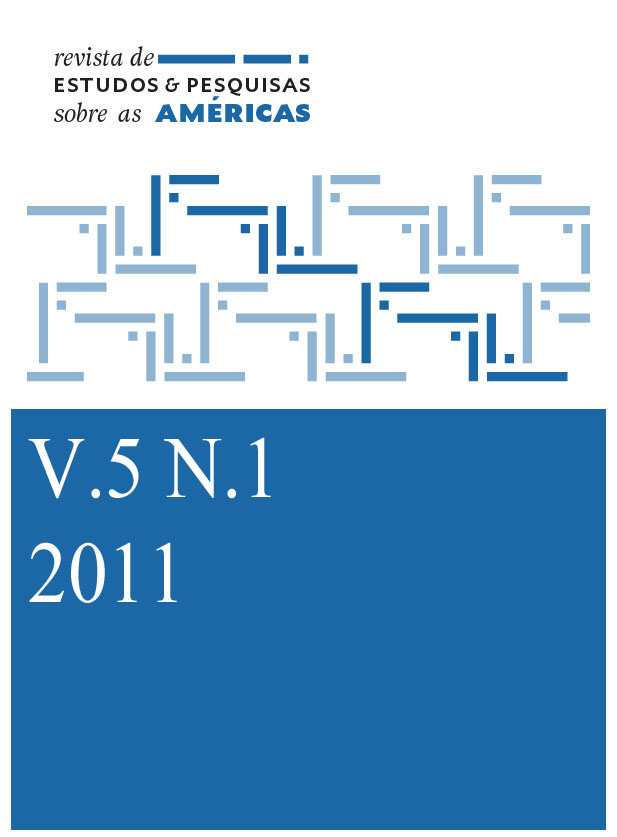Participação política e processo decisório: paradoxos latino-americanos
Abstract
No âmbito do processo de instalação das democracias formais na América Latina no decorrer das últimas três décadas, verifica-se um intenso processo de participação política, seja como movimentos sociais quanto como capital social ”“ vinculados a uma denominada “nova institucionalidade”. Simultaneamente vários e importantes países da região, nos últimos anos, vêm sendo governados por presidentes com marcante centralização do poder, recorrendo a peças jurídicas, reformas constitucionais ou formando amplas coalizões. Aspectos decisivos nesta análise consistem as reformas que o Estado experimentou desde a década passada, que buscou criar espaços compartilhados de responsabilização, decisão e execução das ações governamentais com a sociedade civil e o setor privado ”“ dentre estes se destacam os conselhos gestores de políticas sociais. Neste sentido, cabe investigar se as teorias da participação institucional conservam o seu poder explicativo, se os movimentos sociais (novos ou tradicionais), ainda que pela incipiência, melhor permitem compreender a conjuntura, ou, ainda, se o que prevalece possa ser uma versão híbrida que alia a estrutura política persistentemente centralizada com a inserção subordinada da America Latina no sistema-mundo.
Downloads
Published
Issue
Section
License
The published material is the property of the Journal, and may be reproduced in whole or in part with indication of the source.
Copyright: Authors will be responsible for obtaining the copyright of the material used. Authors who publish in this journal agree to the following terms:
a)Authors retain the copyright and grant the journal the right of first publication, with the work simultaneously licensed under
the Creative Commons Attribution License which allows the sharing of work with acknowledgment of authorship and initial publication in this journal.
b) Authors are authorized to take additional contracts separately, for non-exclusive distribution of the version of the work published in this journal (eg, publish in institutional repository or as a book chapter), with acknowledgment of authorship and initial publication in this journal.
c) Authors are allowed and encouraged to publish and distribute their work online (eg in institutional repositories or on their personal page) at any point before or during the editorial process, as this can generate productive changes as well as increase the impact and the citation of the published work (See The Effect of Free Access).
















